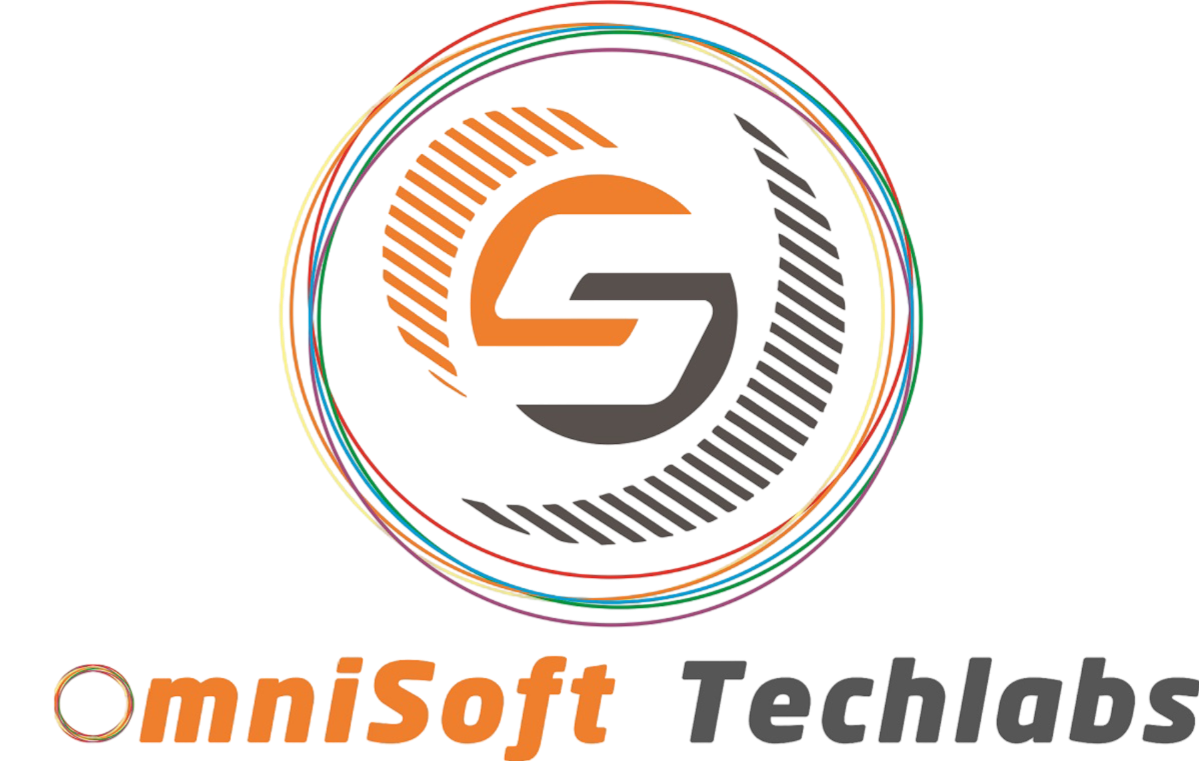Introduction
Machine learning (ML) is transforming various industries, and healthcare is no exception. The integration of ML in medical diagnostics is revolutionizing how diseases are detected, diagnosed, and treated. This article explores the numerous ways machine learning is enhancing medical diagnostics, its potential benefits, and the challenges that come with its implementation.
The Role of Machine Learning in Healthcare
Enhancing Diagnostic Accuracy
Machine learning algorithms excel in pattern recognition, which makes them particularly useful in medical diagnostics. By analyzing large datasets of medical images, patient histories, and genetic information, ML systems can identify patterns that might be missed by human clinicians. This enhances diagnostic accuracy, leading to better patient outcomes.
Early Detection of Diseases
Early detection is crucial for the successful treatment of many diseases, including cancer, cardiovascular conditions, and neurodegenerative disorders. Machine learning models can analyze subtle changes in medical data, enabling early diagnosis and timely intervention. For instance, ML algorithms can detect early signs of diabetic retinopathy from retinal images, allowing for prompt treatment and preventing vision loss.
Applications of Machine Learning in Medical Diagnostics
Medical Imaging
Machine learning is widely used in medical imaging to improve the interpretation of X-rays, MRIs, CT scans, and other imaging modalities. Convolutional Neural Networks (CNNs), a type of deep learning algorithm, are particularly effective in analyzing medical images. These algorithms can identify tumors, fractures, and other abnormalities with high accuracy, sometimes surpassing the performance of human radiologists.
Predictive Analytics
Predictive analytics powered by machine learning can forecast disease progression and patient outcomes. By analyzing historical patient data, ML models can predict the likelihood of disease recurrence, response to treatment, and potential complications. This information helps clinicians make informed decisions about patient care and treatment plans.
Personalized Medicine
Machine learning enables personalized medicine by analyzing individual patient data to tailor treatments to their specific needs. ML algorithms can identify which patients are likely to respond to certain medications based on their genetic makeup and medical history. This personalized approach improves treatment efficacy and reduces the risk of adverse effects.
Benefits of Machine Learning in Medical Diagnostics
Improved Efficiency
Machine learning can process vast amounts of data quickly and accurately, reducing the workload on healthcare professionals. This allows clinicians to focus on patient care rather than data analysis, improving overall efficiency in healthcare delivery.
Reduced Costs
By enhancing diagnostic accuracy and enabling early disease detection, machine learning can help reduce healthcare costs. Early diagnosis and treatment often lead to better outcomes and lower treatment expenses. Additionally, ML-driven predictive analytics can prevent costly complications by identifying at-risk patients early.
Enhanced Patient Care
Machine learning can lead to more accurate diagnoses and personalized treatment plans, ultimately enhancing patient care. With ML, healthcare providers can offer more precise and effective treatments, improving patient satisfaction and outcomes.
Challenges and Considerations
Data Privacy and Security
The use of machine learning in medical diagnostics requires access to large amounts of patient data, raising concerns about data privacy and security. Ensuring that patient data is protected and used ethically is paramount to gaining public trust and complying with regulations.
Integration with Existing Systems
Integrating machine learning solutions with existing healthcare systems can be challenging. Healthcare providers need to ensure that ML models are compatible with their current technologies and workflows. This may require significant investments in infrastructure and training.
Bias and Fairness
Machine learning algorithms can sometimes exhibit bias, leading to unequal treatment of patients. Ensuring that ML models are trained on diverse and representative datasets is crucial to minimize bias and promote fairness in medical diagnostics.
Conclusion
Machine learning is revolutionizing healthcare by enhancing medical diagnostics, improving efficiency, reducing costs, and enhancing patient care. Despite the challenges, the potential benefits of integrating ML into medical diagnostics are immense. As technology continues to advance, machine learning will play an increasingly vital role in shaping the future of healthcare.



